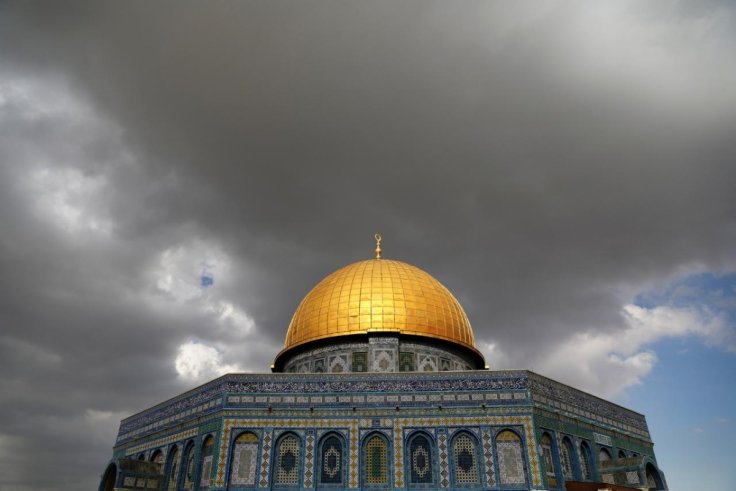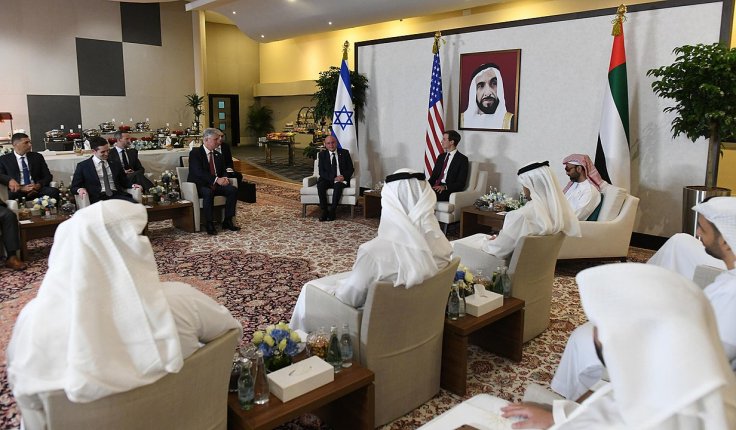The landmark peace deal signed by Israel with two prominent nations of middle east – UAE and Bahrain – is being hailed as a harbinger of an elusive peace for West Asia. However, a fine reading of one of the clauses of the deal has led some people to think that under the cover of bringing peace, this deal hides a surreptitious attempt to change the status of the disputed Al Aqsa Mosque compound, otherwise known as Haram-al-Sharif.
The ramifications of the said clause were elaborated in a joint statement by USA, Israel, and UAE recently. "As set forth in the Vision of Peace, all Muslims who come in peace may visit and pray at the Al-Aqsa Mosque and Jerusalem's other holy sites should remain open for peaceful worshippers of all faiths."

No more Exclusive Rights for Muslims
The problem with this interpretation is that here, Al-Aqsa Mosque is a term used only to denote the building of the mosque and not the whole compound. The mosque stands upon the site which Jews regards as that of the original Temple of Solomon. They also believe that when the third Temple is constructed on the sacred location, it would herald the coming of Messiah and bring about Armageddon.
What is worrying Muslim authorities is the fact that only mentioning 'Al Aqsa Mosque' and not Haram-al-Sharif, or for that matter the Temple Mount complex, Israel has cleverly brought the remainder of the complex under the area accessible to everyone, including Jews. The regaining of the Al Aqsa site, which houses the Dome of the Rock had long been considered a project of far right in Israel. But the issues seem to have become mainstream now.

As of now, only Muslims are allowed to enter the complex and Jews pay their respects at the Wailing Wall. If these new regulations come into play, Jews may soon have access to areas earlier considered no-go for people of other faiths.
The issue has primarily been flagged by an NGO called Terrestrial Jerusalem. It has pointed out that Israel might be pursuing other ends than just peace through this treaty.
"According to Israel, anything on the Mount that is not the structure of the mosque is defined as 'one of Jerusalem's other holy sites' and open to prayer by all - including Jews," they said.
"This choice of terminology is neither random nor a misstep, and cannot [be] seen as anything but an intentional albeit surreptitious attempt to leave the door wide open to Jewish prayer on the Temple Mount, thereby radically changing the status quo."One thing is clear, times have changed.








